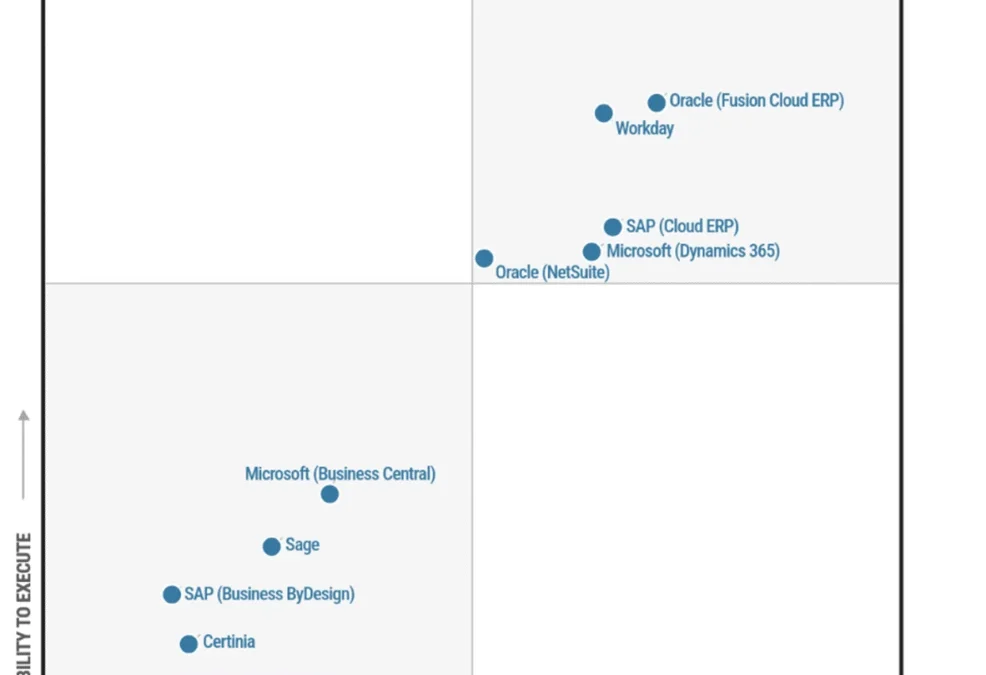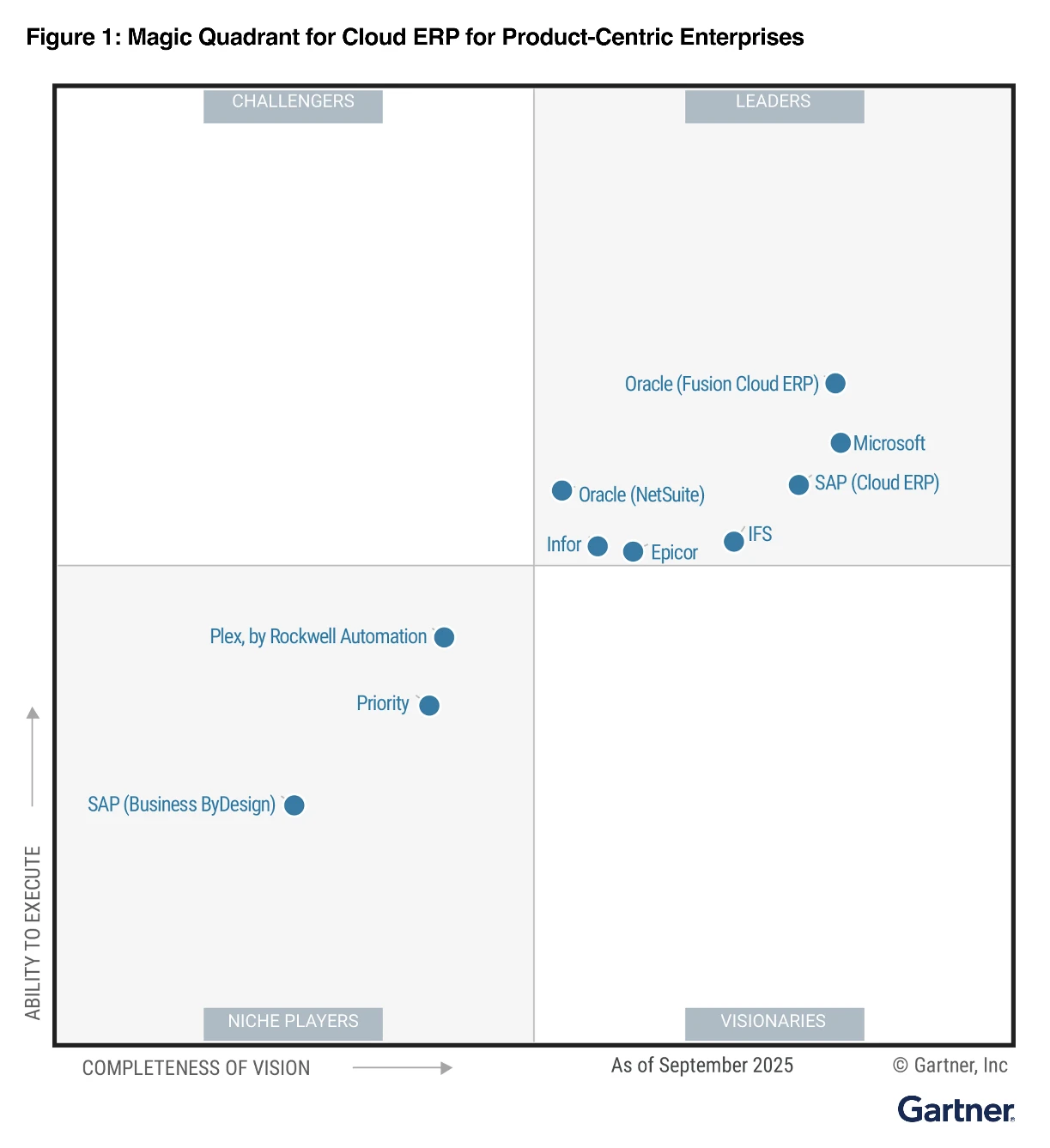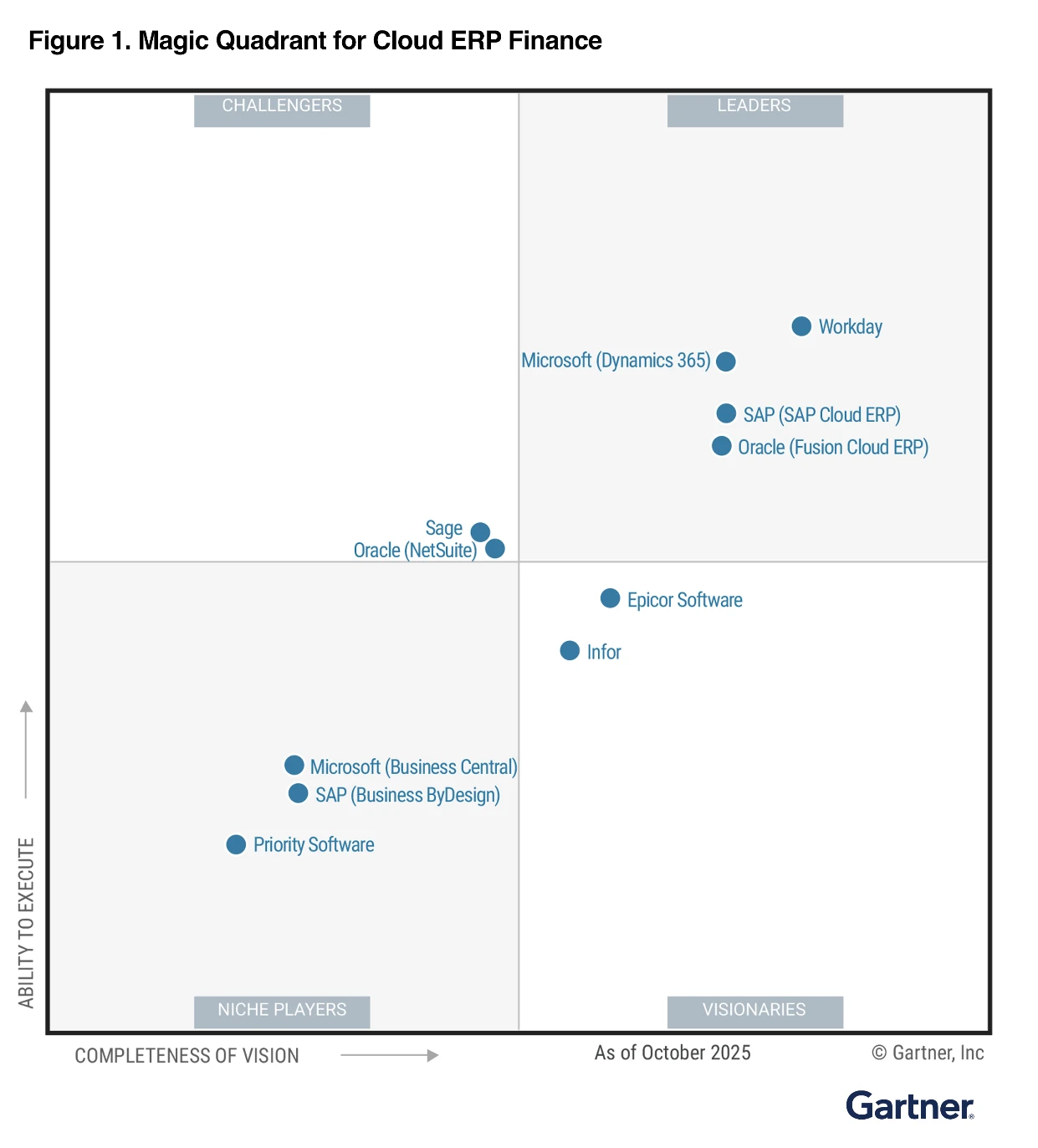Fluent v2.0 is Microsoft’s next-generation design language, and it’s now fully implemented across all Dynamics 365 Customer Service components. This milestone marks the completion of a comprehensive modernization effort, bringing a unified, intuitive, and visually engaging experience to every user—representatives, supervisors, admins, and customers alike.
What makes Fluent v2.0 different?
Fluent v2.0 delivers a consistent look and feel across all Microsoft products, with a focus on clarity, accessibility, and brand identity. For Customer Service, this means:
- Modernized hierarchy: New color and shadow tokens help users navigate screens with confidence.
- Intuitive iconography: Friendly, modern icons make every interaction inviting and easy to understand.
- Robust components: Fluent UI React components are customizable, performant, and accessible, ensuring seamless integration and usability.
- Dynamic design tokens: Flexible themes and tokens keep the experience fresh and aligned with your brand.
Every touchpoint, modernized
With Fluent v2.0, every major workspace and control in Dynamics 365 Customer Service has been thoughtfully refreshed:
Copilot ask-a-question
The Copilot ask-a-question feature now provides a larger message input field and relocated icons, making it easier for customer service representatives to interact and get fast, accurate answers in both the Copilot Service workspace and Dynamics 365 Contact Center apps.
Inbox
The inbox features a new island-style interface with rounded edges, giving it a modern look and making it easier for representatives to scan, organize, and manage conversations at a glance.
Representative scripts and macros
Scripts and macros within the productivity tools now have updated states, icons, and components. These enhancements make workflows more delightful and intuitive, helping representatives follow processes and deliver consistent, high-quality support.
Timeline
The timeline control now offers a faster, cleaner, and more interactive interface. This modernized look improves efficiency, visibility, and user satisfaction when reviewing customer history and tracking interactions.
Voice controls
Both inbound and outbound call controls have a refreshed, modern interface. Navigation is easier and more efficient, allowing representatives to handle calls with greater confidence and speed.
Multisession
Representatives can seamlessly manage multiple conversations at once, thanks to a modernized interface that keeps everything organized and accessible.
Conversation control
Chat and voice conversation controls have been redesigned for clarity and ease of use, supporting more productive and engaging customer interactions.
The active conversation form now features a cleaner layout and improved navigation, helping representatives focus on the customer and resolve issues faster.
The live chat widget provides a more inviting and intuitive experience, making real-time support smoother for both representatives and customers.
Case management
Case management screens now feature a modern look, with improved layouts and controls that make tracking and resolving cases easier than ever.
Knowledge articles
Knowledge management tools have better readability and navigation, helping representatives find and share information quickly.
Email
The email editor, templates, and signature controls have all been modernized, making communication clearer and more consistent.
SLA (Service Level Agreements)
SLA controls now offer a streamlined interface, making it easier to monitor and manage service commitments.
Smart Assist
Smart Assist features a refreshed interface, making AI-powered recommendations more visible and actionable for representatives.
Teams swarming
Collaboration tools like swarming in Microsoft Teams enable seamless teamwork, with clearer layouts and easier access to swarming features.
Supervisor dashboard and Power BI reports
Supervisors benefit from updated dashboards and BI reports, with improved data visualization and navigation for better decision-making.
Solving real user pain points
Before Fluent v2.0, users faced outdated interfaces, inconsistent layouts, and navigation challenges. Feedback highlighted the need for a more modern, polished, and intuitive experience—one that matches the rest of the Microsoft ecosystem and meets the standards set by competitors like Salesforce and Zendesk.
With Fluent v2.0, Customer Service now offers:
- Consistency: Every screen and control feels unmistakably Microsoft, supporting the “One Microsoft” vision.
- Accessibility: WCAG 2.1 compliance and thoughtful design ensure everyone can use the product effectively.
- Usability: Larger controls, extra padding, and simplified layouts make navigation easier for all users.
Value for every persona
The completed Fluent v2.0 rollout benefits everyone:
- Representatives enjoy a workspace that’s easier to use, more productive, and visually appealing.
- Customers experience intuitive live chat and support, leading to higher satisfaction.
- Supervisors and Admins see increased adoption, fewer issues, and improved feedback scores.
Early results show increased usage, improved Net Satisfaction (NSAT) scores, and positive feedback in user studies and A/B tests.
Fluent v2.0 ensures Microsoft Customer Service matches—and often exceeds—the design standards of leading platforms. Users can expect the same modern, consistent experience found in Teams, Outlook, and Windows 11.
Experience the difference
With all Fluent v2.0 components now available, Dynamics 365 Customer Service delivers a world-class, unified, and accessible experience. This transformation is complete—no more waiting, no more “what’s next.” Dive in and discover a modern, intuitive, and delightful workspace built for today’s users.
Ready to experience the difference? Fluent v2.0 is live across all major Customer Service components—delivering a workspace that’s modern, efficient, and built for you. If you’d like to see specific before-and-after visuals or learn more about how these improvements impact your team, let us know!
The post Fluent v2.0 for Customer Service: A unified, modern experience appeared first on Microsoft Dynamics 365 Blog.
Brought to you by Dr. Ware, Microsoft Office 365 Silver Partner, Charleston SC.










Recent Comments